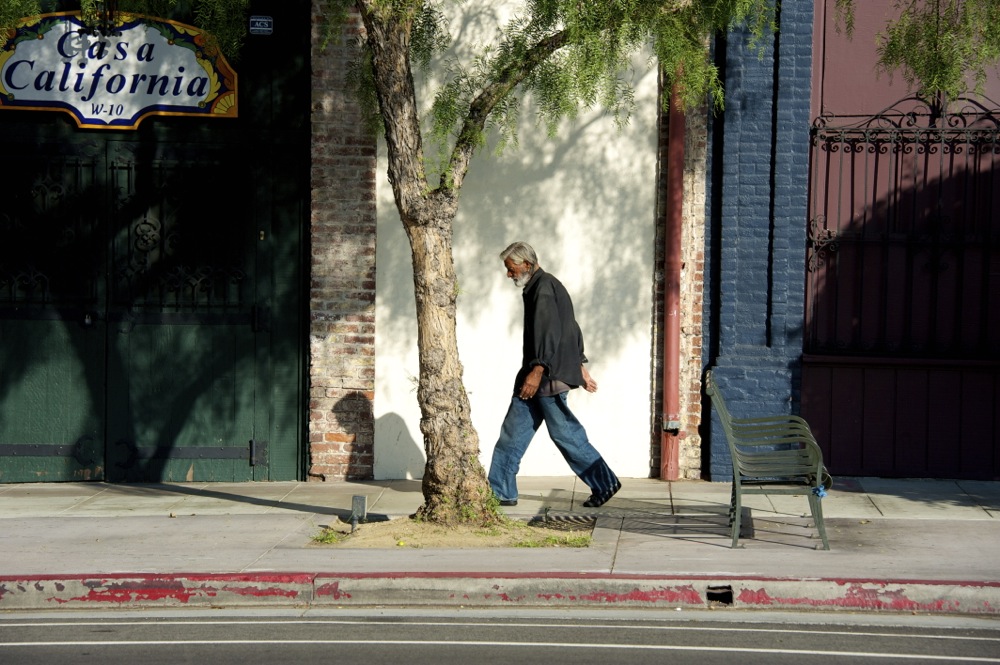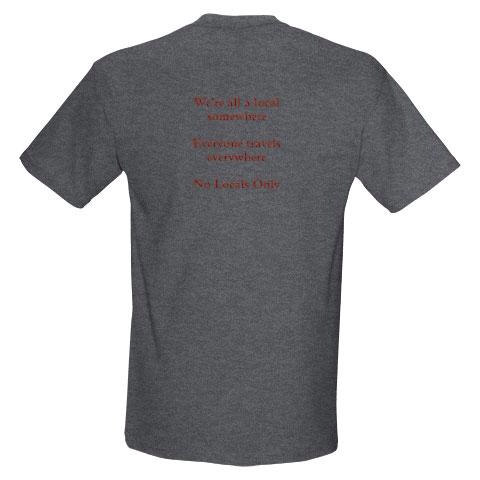Lest you think…
Lest you think that it’s only me thinking such things, that perhaps the dose on my meds ought to be examined, right after I wrote that, I was reading the Atlantic [1]:
Clearly there is government, and then there is government. The former is the tip of the iceberg that the public who watches C-SPAN sees daily and which is theoretically controllable via elections. The subsurface part is the Deep State, which operates on its own compass heading regardless of who is formally in power. The Deep State is a hybrid of national security and law enforcement agencies, key nodes of the judiciary (like FISC, the Eastern District of Virginia, and the Southern District of Manhattan); cleared contractors, Silicon Valley (whose cooperation is critical), and Wall Street.
This combination of procedural impotence on the one hand and unaccountable government by fiat on the other is clearly paradoxical, but any honest observer of the American state must attempt to come to grips with it. I will note in conclusion that in order for the Senate to pass major “social” legislation like immigration reform, it was necessary to grant an additional $38-billion tribute to Deep State elements, i.e., military and homeland security contractors. Clearly the GOP wanted it, but the Democrats didn’t object; the $38 billion had been an internal “wish list” of the Deep State node called the Department of Homeland Security.
Deep State, National Surveillance State. I’m not the only one thinking these things, and I suspect that that means my (so far, completely justifiable) paranoia is running way behind reality.
[1] not something I usually do since I cancelled my subscription after they hired “fifth-column” Andrew Sullivan, but I was referred from elsewhere.




Picture of the day, 3 September 2013
Picture of the day Comments Off on Picture of the day, 3 September 2013 Permalink